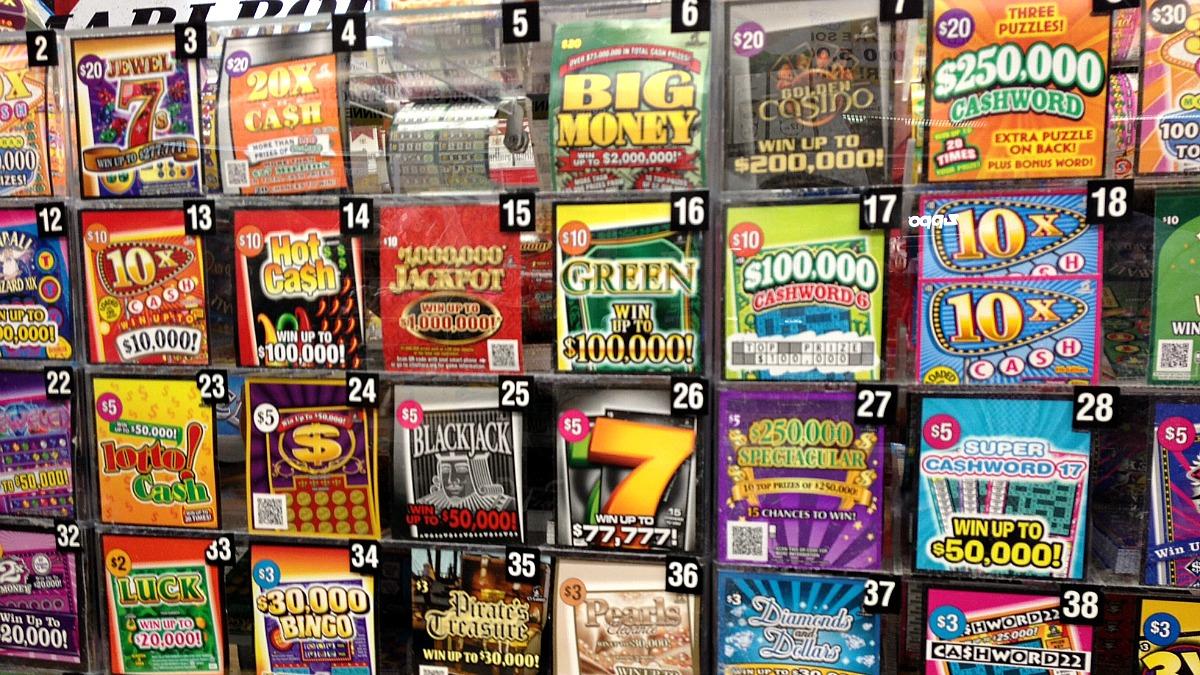The lottery, a game of chance that has captivated the imagination of millions, offers the tantalizing possibility of instant wealth. For the price of a ticket, players enter a world where dreams of financial freedom and luxury can become a reality messipoker. However, this game of numbers and luck is not just about the thrill of winning; it has a complex history, diverse formats, and significant social implications.
The Historical Roots of the Lottery
The origins of the lottery can be traced back to ancient civilizations. The Chinese Han Dynasty is believed to have used a form of lottery between 205 and 187 B.C. to finance major government projects, including the Great Wall of China. In Europe, the lottery emerged during the Roman Empire, where it was used as a form of entertainment at parties, with guests receiving tickets and prizes often consisting of fancy items.
The modern lottery, as we know it today, began in the 15th century in the Low Countries (modern-day Netherlands, Belgium, and Luxembourg). Towns held public lotteries to raise money for town fortifications and to aid the poor. The first recorded European lottery offering money prizes was held in 1445 in L’Ecluse, Belgium.
The Mechanics of the Game
Despite its ancient roots, the fundamental mechanics of the lottery have remained largely unchanged. Players purchase tickets, each bearing a unique combination of numbers. In most lotteries, a random drawing determines the winning numbers, and the players holding tickets with matching combinations win prizes. The most common format is the “6 out of 49” game, where players choose six numbers from a pool of 49.
There are also various formats such as scratch cards, where players reveal hidden numbers or symbols to instantly determine if they have won a prize. Some lotteries offer additional games or features like the Powerball or Mega Millions in the United States, which include special number draws to increase the jackpot size and offer secondary prizes.
The Allure of the Lottery
The primary allure of the lottery lies in its promise of life-changing wealth. For a small investment, players buy into the dream of financial security, freedom from debt, and the luxury to pursue passions and interests without the constraints of a budget. Stories of ordinary people winning extraordinary sums of money add to the excitement and hope.
Moreover, the lottery provides a form of escapism. In a world where financial stability can seem out of reach for many, the lottery offers a sliver of hope—a chance to change one’s life overnight. The communal aspect of the lottery, with friends and family often sharing tickets and the anticipation of the draw, adds to its widespread appeal.
Economic and Social Implications
While the lottery can provide significant benefits, such as funding for public projects and charitable causes, it also raises important ethical and social questions. Critics argue that lotteries can act as a regressive tax on the poor, as lower-income individuals tend to spend a larger proportion of their income on lottery tickets compared to wealthier individuals.
Additionally, the psychological impact of gambling addiction cannot be overlooked. The excitement and hope associated with the lottery can lead to compulsive behavior, where individuals spend beyond their means chasing the elusive jackpot. This can lead to financial hardship, family problems, and mental health issues.
On the positive side, lottery revenues often support valuable public services. Many lotteries are run by governments or sanctioned private entities, with proceeds funding education, healthcare, infrastructure, and other community projects. This can provide a much-needed financial boost to areas that may lack sufficient funding from traditional sources.
The Future of the Lottery
As technology advances, the lottery continues to evolve. Online platforms and mobile apps have made it easier than ever for people to participate in lotteries from the comfort of their homes. Innovations such as blockchain are being explored to ensure the transparency and security of lottery operations, addressing concerns about fairness and fraud.
Moreover, the globalization of the lottery is evident in the rise of international lotteries, where participants from multiple countries can compete for a single, massive jackpot. These developments are likely to increase the popularity of the lottery, further embedding it into the fabric of modern entertainment and economy.
